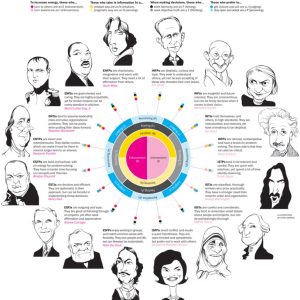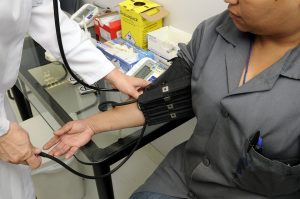Medical School Blog

What to Do During a Gap Year Instead of Medical School Classes
For those that are unfamiliar with the term, a gap year is a gap between getting your undergraduate degree before making the decision to enter medical school. While some are apprehensive about wasting time, thinking that medical schools won’t take people seriously if they have a gap in their applications, there are some alternative you can do to make your application look unique and positive. The common fear is that you have to explain the gap to the people that…

Top Undergraduate Degrees Based on Best Schools in the Country
When your goal is to get a medical degree, it can be hard deciding what you want to choose for your undergraduate focus. There’s no set course list. You can choose which undergraduate degree you want, as long as you meet all the required courses to enter medical school. But are some degrees more destructive for your medical career than other? You might be surprised what other students studied based on the top-performing medical schools in the country. You’d think…

Medical Specialties Based on Personality
It’s no secret that some personalities succeed at certain jobs where others fail because they simple don’t like it. Does the same hold true for medical specialties. The answer is yes! Many medical professionals have found their niche, their home based on their personalities. Take a look at some of the most common specialties and which personalities shine brightly when they work in these positions. Medical Specialties by Personality Orthopedic surgeons are successful when their personalities can adapt to the…

Medical Schools with the Lowest acceptance Rates
We all dream of attending the best colleges and showing off that Yale or Harvard sweater for the rest of our lives, even more so if you decide to study medicine. Across the country, there is around 118 medical schools ranked by their acceptance rates. You might be interested in seeing which ones have the lowest acceptance rates (hardest to get in). Some of these schools are well known and on the Ivy League list but others might be new…

Advice for Humanity Major Applying to Medical School
A decade ago this would be impossible but now people seem to be thriving in a world that was exclusive to those that studied biological degrees. That’s not to say there aren’t inherent pitfalls that some with applying to medical school with an undergraduate degree in the humanities. That said, it has been done and experts believe they add something to the table when they finish their studies and enter the field as medical experts. The thought might have crossed…

The Benefits of Medical Training Abroad
A recent study conducted by the British Medical Journal (BMJ) stated that doctors that studied abroad were better at their job than traditionally trained students. The metrics were simply measuring the survival rates of both party’s patients. The numbers were close with patients survival rates, foreign trained doctors saw an 11.2% rate of death, where US-trained physicians saw 11.6% but the concept was quite intriguing. Why do doctors with foreign training seem to have the edge, even here in the…

How to be More Active Before Medical School
Being more active in your early days of school can take you far when you actually go to apply for medical school. You might find it hard to set yourself apart, even when you’re participating in programs during medical school and that could lead to less than savory job opportunities in your future. You need a way to start preparing for school and have something impressive on your application while you’re in undergraduate school, even before that would benefit you…

The Shift to Value-Based Care
A look into the future of medical schools presents students the unique opportunity to start caring more about the well-being of the patient and shift focus away from lawsuits and a price tag. The “Value-Based Care” programs, as they’ve been called, give students the opportunity to learn medicine based on the needs of the modern patient, i.e. how medical insurance is changing and the most common ailments based on population health. The outcome involves paying doctors more on the quality…

Evidence-Based Medical School Programs
The current system of education seems to be aimed more at memorizing proven remedies that work and are effective, which is good, but not so great for developing new treatments for patients. The thought process behind evidence-based medical school programs is to prepare students for the rigorous nature of applying the knowledge the acquired in school and using it on their patients that need treatment. The approach that some schools are implementing is to have students test and research their…
